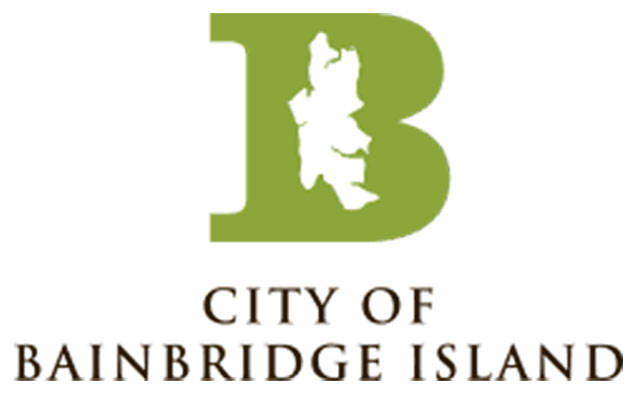The Bainbridge Island City Council voted 4-2 this week to extend the city’s development ban for another six months.
The “temporary emergency moratorium” has already been in place for more than two years.
The ban on accepting development permits was first approved in January 2018, but has been renewed in six-month increments multiple times since then.
When the council adopted the building ban, it said it was needed to give city planning staff the time complete the update of Bainbridge’s Critical Areas Ordinance, and also give the city a chance to examine the city’s development review process, standards, and guidelines, and look at affordable housing-related issues.
But while work was finished on the city’s Critical Areas Ordinance in February 2018, and the council revised the city’s land use review procedures in December 2018, and also updated rules on subdivisions in September 2019, talk continues about changing regulations that guide the building of affordable housing on the island.
Work also remains to be done to make the Critical Areas Ordinance mesh with the city’s Shoreline Master Plan. Currently, the changes made by the council on those regulations are inconsistent with state law, and Bainbridge officials are still sorting out the issues raised by the Department of Ecology in December 2019 over the Critical Areas Ordinance and Shoreline Master Plan.
At Tuesday’s council meeting, the council split between those who said the moratorium has been in place long enough, and those who wanted to give city staff another half year to finish its update of development regulations, plus others who not only wanted it extended, but expanded to once again include downtown core of Winslow.
Councilmembers Kol Medina and Leslie Schneider voted against the extension, while councilmembers Michael Pollock, Rasham Nassar, Kirsten Hytopoulos and Joe Deets voted for the moratorium to last another six months.
Medina said it was time to move on from the moratorium.
The last two times it came up for an extension, Medina reminded the council, he was concerned about adding another six months to the ban.
“And my reasons haven’t changed,” Medina said, and noted the council needed to balance concerns on both sides.
He said people may not have internalized what extending the ban actually means.
“We are literally taking their property rights. We are literally telling them, ‘Sorry. No, you can not develop your property.”
It’s a taking of rights, he said, and the city runs the real risk of a court challenge that the moratorium has gone on for too long.
“Regardless of what a court would say or wouldn’t say, it’s just not fair to people. That they’ve had their property for 2 1/2 years that they just can’t develop,” Medina said. “So there’s that.”
Medina said perhaps the issue weighed more heavily on him because he’s an attorney, but he added that he had supported adopting the moratorium when it was enacted because the city’s land-use regulations needed to be changed.
He also acknowledged the big boogeyman in island politics: development, and the community concern that inevitably rises when someone on Bainbridge tries to build something on their property.
“For the people out in the community who are going to take my vote on this
and spin it up into ‘Kol’s pro-development, and in the pocket of the development community,’ kind of argument, I’ll just say: that’s ridiculous,” Medina said.
“This is not me being pro-development. This is me being pro rule of law,” he said.
Earlier, Nassar had pressed the council to talk about why the downtown area had been carved out of the moratorium since it was first passed.
If that had area had been left in the building ban, it would have prevented the controversial Winslow Hotel from moving forward and it’s eventual approval by the city’s hearing examiner.
Nassar’s move to expand the extended discussion past the contours of the current proposed extension, however, led Schneider, the mayor, to try to pull in the reins to keep the council’s discussion focused.
That brought a complaint from Pollock, who joined the council in January after riding a surge of anti-development sentiment in the community spurred by the city’s plans to develop its Suzuki property with affordable housing.
He accused Schneider of being “hostile” when she tried to keep the discussion centered on the ordinance that was the subject of the vote, rather than Nassar’s request for other councilmembers to explain why they would support, or wouldn’t support, adding the central core back into the moratorium.
Medina asked Pollock to choose his words more carefully in the future.
“I don’t think she was being hostile; I think she was just doing her job,” Medina said.



